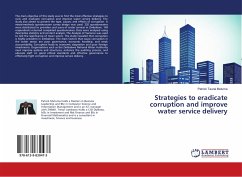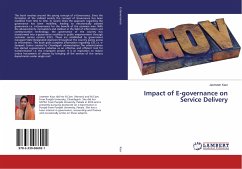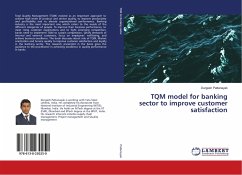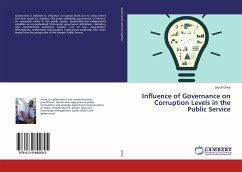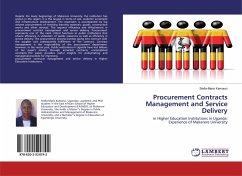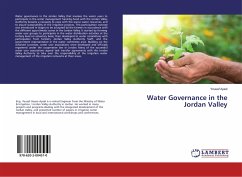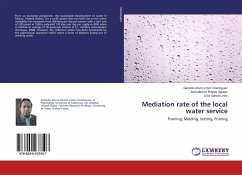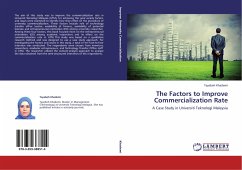The main objective of this study was to find the most effective strategies to curb and eradicate corruption and improve water service delivery. The study also aimed to present the type, causes, and effects of corruption. A mixed-methods questionnaire survey design was used. 220 questionnaires were distributed to providers and users of water services in Zimbabwe. 149 respondents returned completed questionnaires. Data were analysed using descriptive statistics and content analysis. The Analysis of Variance was used to test the significance of mean scores. The study revealed that corruption is highly prevalent in Zimbabwe. The main factors that cause corruption in the water sector are poor governance, economic hardship, and weak accountability. Corruption leads to economic stagnation and poor foreign investments. Organisations such as the Zimbabwe National Water Authority must improve systems and structures, enhance the auditing process, and educate staff on good ethical standards and effective governance to effectively fight corruption and improve service delivery.
Bitte wählen Sie Ihr Anliegen aus.
Rechnungen
Retourenschein anfordern
Bestellstatus
Storno

